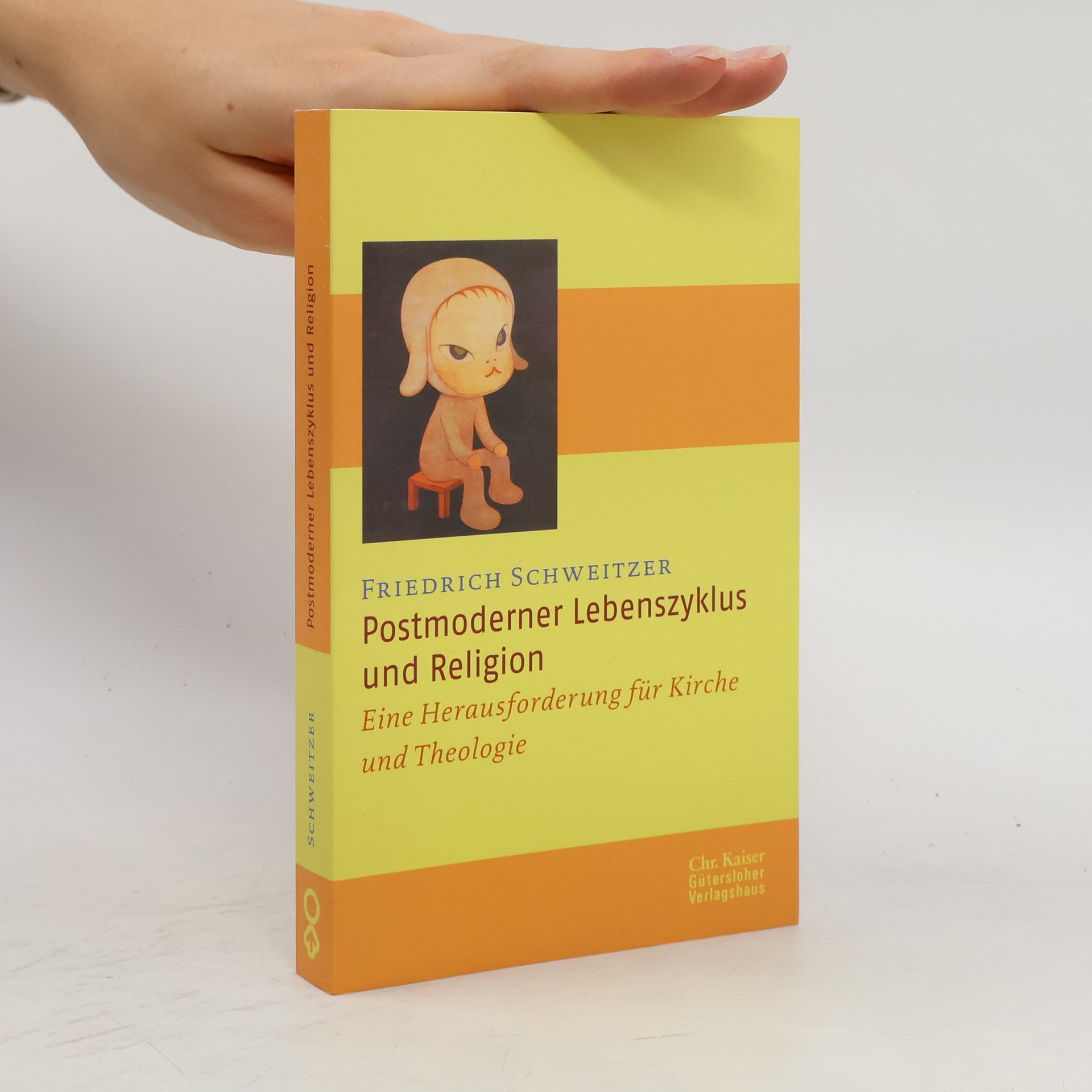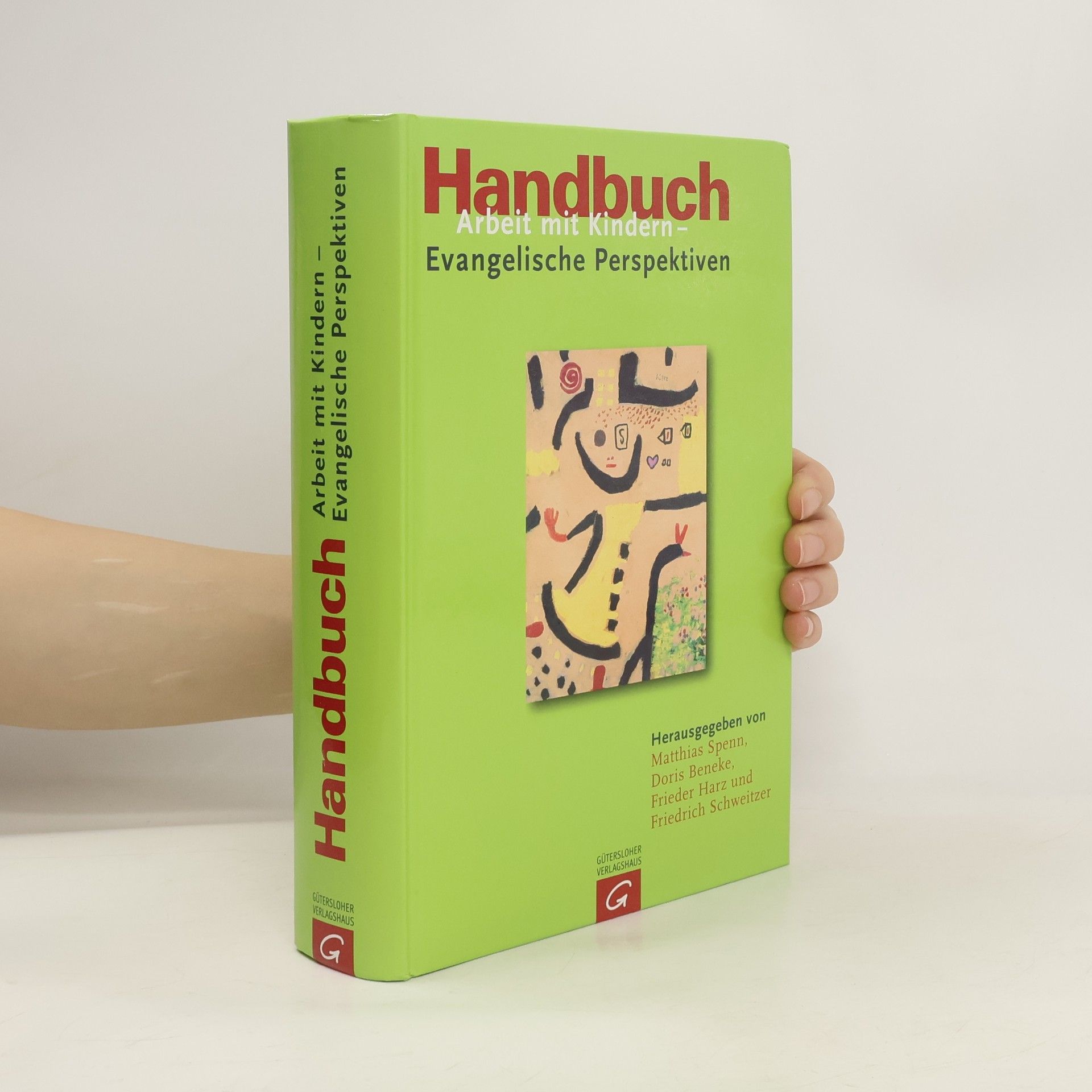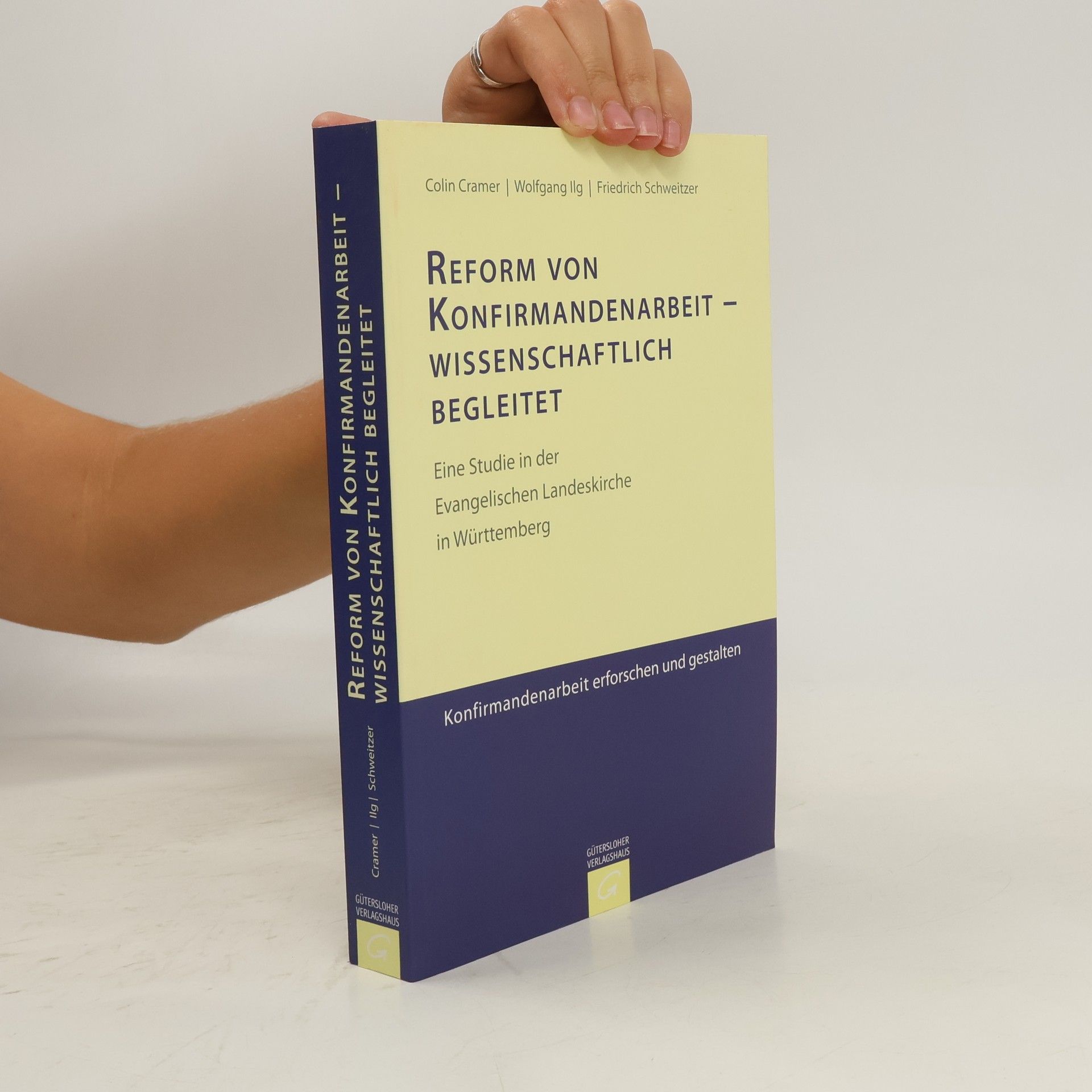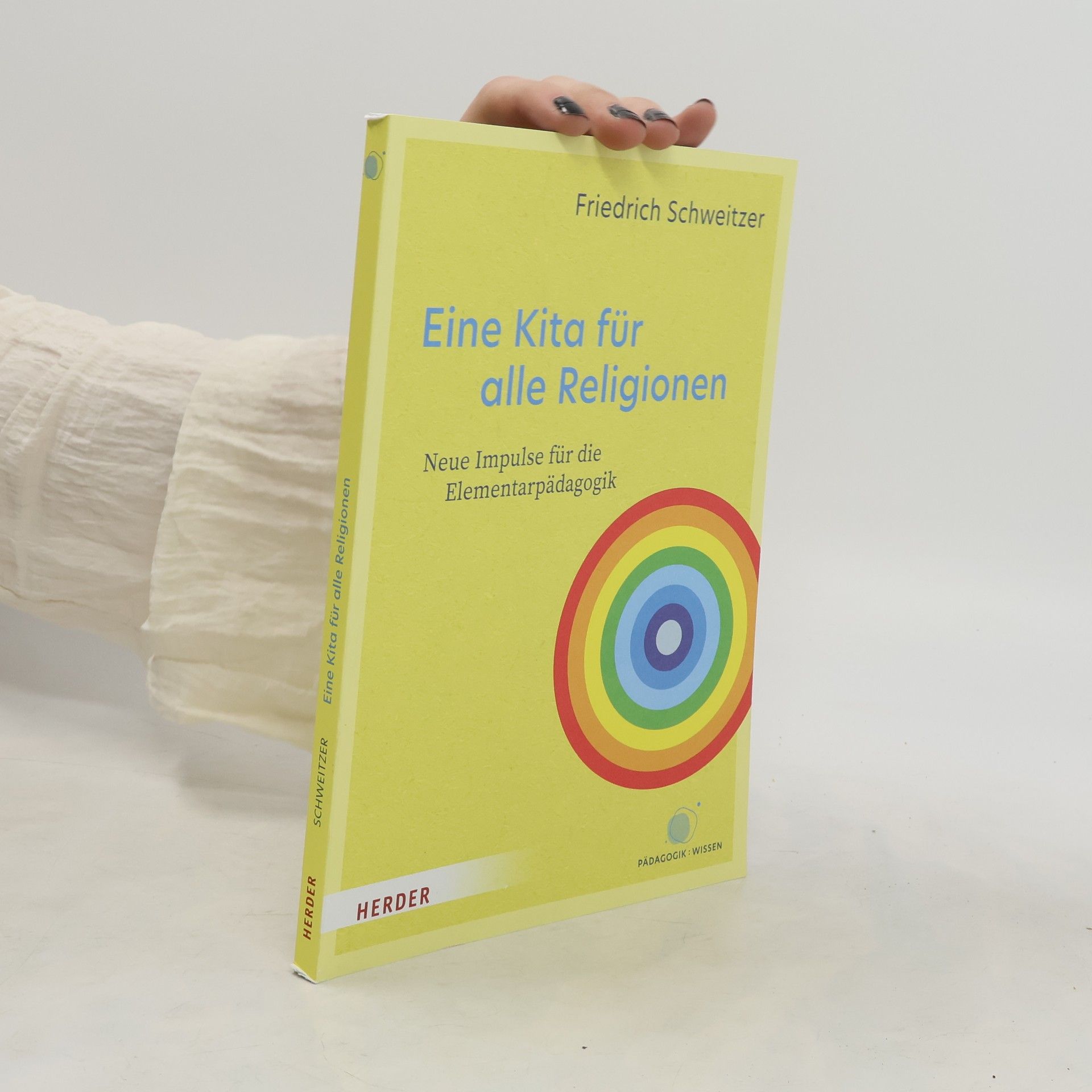International Knowledge Transfer in Religious Education
- 272pages
- 10 heures de lecture
This book is about international knowledge transfer in religious education as an academic discipline; at the same time, though, it is related to the school subject of RE. Its aim is to strengthen the awareness of the need for international cooperation in the field of religious education in general and especially for clarifying the role of knowledge in this kind of cooperation. The contributions discuss a number of issues, among others related to the validity and transferability of knowledge in religious education. Thus, the book takes up a topic which so far has remained implicit and therefore also untreated. This approach implies a whole spectrum of new methodological and epistemological problems. Some crucial questions that are discussed in the chapters from different national contexts - How can the national and the international context be productively connected to each other? - Which concept or understanding of >internationalknowledgetransfer< mean in this context? The scope of the book is an invitation to other colleagues to take part in and to continue the discussion.




